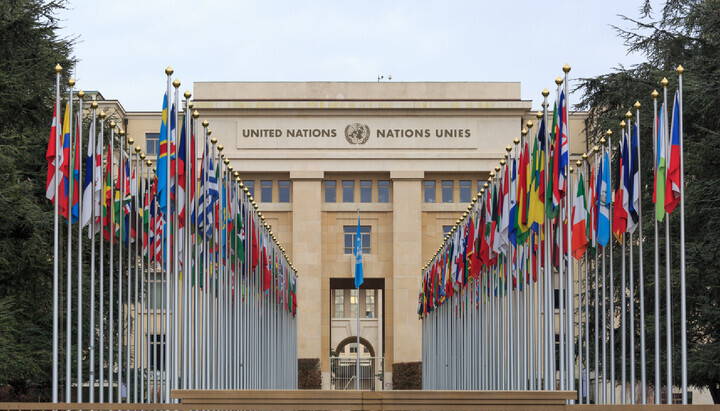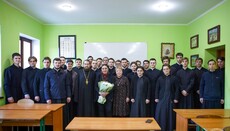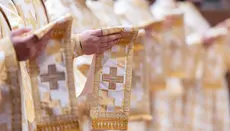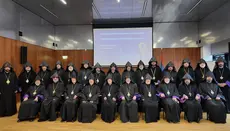UN Report: Ukraine fails to prove legality of banning UOC

The Ukrainian authorities have not provided a clear explanation as to why it is necessary to ban an entire organization rather than impose restrictive measures on specific individuals within it.
Ukraine has failed to justify the necessity and proportionality of measures aimed at dissolving religious organizations, including the Ukrainian Orthodox Church (UOC). This is stated in the Report by the Office of the United Nations High Commissioner for Human Rights (OHCHR) dated December 31, regarding the situation in Ukraine from September to November 2024.
The report highlights that on September 23, 2024, amendments to the law on religious organizations came into force in Ukraine, raising concerns within the OHCHR. According to the document, this law cites "national (or public) security" as grounds for restricting freedom of religion or belief. However, the UN emphasizes that "neither the International Covenant on Civil and Political Rights (ICCPR) nor the European Convention on Human Rights include national security among the permissible grounds for such a restriction."
The amendments introduce significant limitations, including a ban on the activities of foreign religious organizations based in states responsible for armed aggression against Ukraine, as well as their Ukrainian partners. Specifically, the document directly prohibits the activities of the Russian Orthodox Church. "Furthermore, if a court finds that a Ukrainian religious organization is affiliated with a prohibited foreign religious organization, it could order the Ukrainian religious organization’s dissolution," the report states.
The OHCHR underscores that dissolving a religious organization is a serious restriction requiring substantial justification. "The dissolution of a religious organization is a severe restriction that affects the ability of individuals to practice their religion or belief together with others and threatens the viability of the community as a whole, which requires very serious reasons by way of justification. Ukraine has not demonstrated the necessity and proportionality of this measure, such as by showing why less restrictive measures, such as measures restricted specifically to individuals responsible for wrongdoing, would not be satisfactory and sufficient."
Particular concern is raised about the vagueness of the amendments' language. For instance, the law mandates the dissolution of organizations if their "authorized persons" are found guilty of crimes, including threats to national security, or if they are involved in "repeated facts" of spreading "propaganda of the ideology of the Russian World." "These provisions can result in entire religious communities being held responsible for the conduct of specific individuals," the report underscores.
Moreover, the document notes that the amendments allow for the annulment of leases for religious premises through administrative decisions prior to court rulings. "In the past, OHCHR has observed that some church buildings had been closed and rendered inaccessible to the community after rental contracts were cancelled, a situation which, particularly in communities with few churches, may limit exercise of freedom of worship and contribute to social tensions," the report says.
As previously reported by the UOJ, the head of the Orthodox Church of Ukraine (OCU), Epifaniy Dumenko, stated that freedom of religion in Ukraine remains at a high level, as confirmed by sociological surveys.











